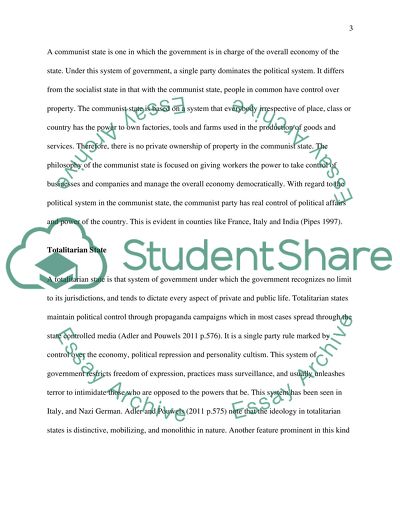Cite this document
(“Sould the Soviet Union Be Regarded As a Socialist, Communist or Essay”, n.d.)
Sould the Soviet Union Be Regarded As a Socialist, Communist or Essay. Retrieved from https://studentshare.org/history/1444790-russia-eastern-europe-after-lenin-synoptic-essay
Sould the Soviet Union Be Regarded As a Socialist, Communist or Essay. Retrieved from https://studentshare.org/history/1444790-russia-eastern-europe-after-lenin-synoptic-essay
(Sould the Soviet Union Be Regarded As a Socialist, Communist or Essay)
Sould the Soviet Union Be Regarded As a Socialist, Communist or Essay. https://studentshare.org/history/1444790-russia-eastern-europe-after-lenin-synoptic-essay.
Sould the Soviet Union Be Regarded As a Socialist, Communist or Essay. https://studentshare.org/history/1444790-russia-eastern-europe-after-lenin-synoptic-essay.
“Sould the Soviet Union Be Regarded As a Socialist, Communist or Essay”, n.d. https://studentshare.org/history/1444790-russia-eastern-europe-after-lenin-synoptic-essay.


